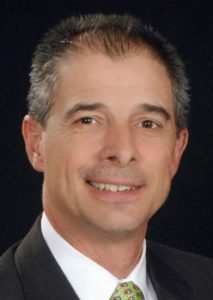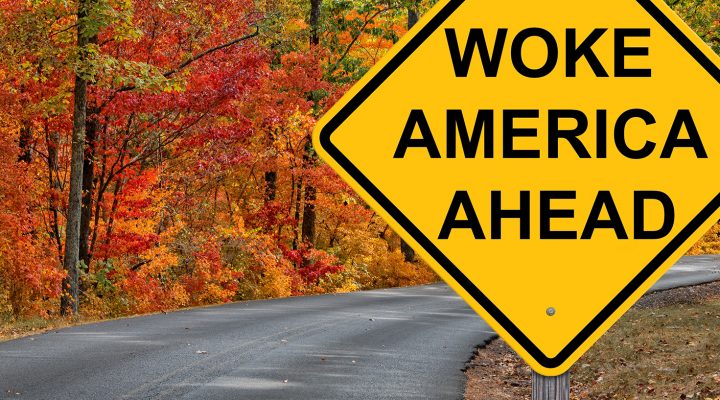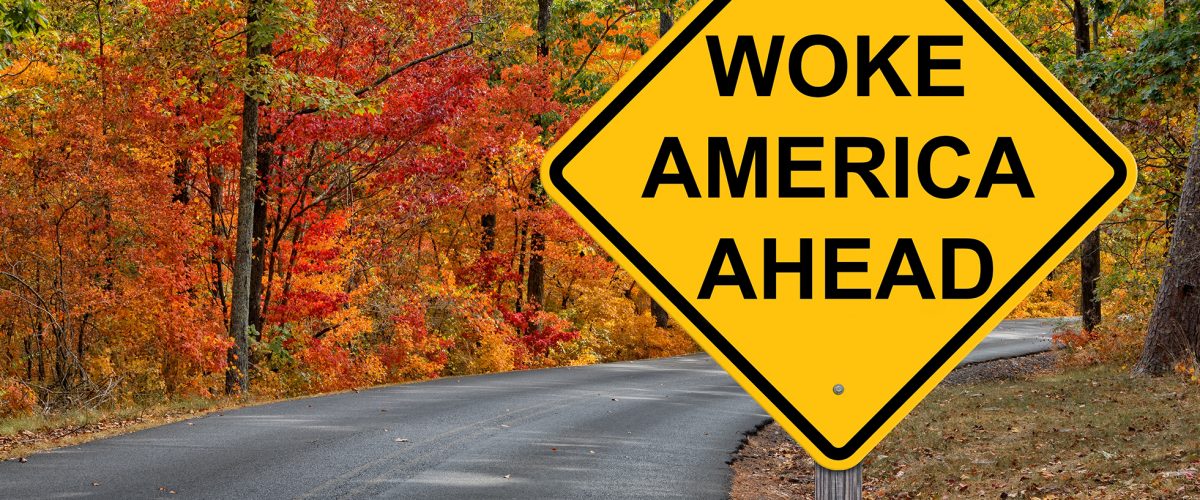“What is ‘woke?’” she asked.
The question interested me because I knew it was not being asked as some kind of loaded “gotcha” question. She wanted to know. She honestly wanted my help. She, being a friend, older than I, retired, part of an economic class several notches above mine, a social circle several degrees to the right.
“What is ‘woke’? I need to understand better.”

Russ Dean
The word had come up in conversation with her bridge club, “a group of retired, wealthy white women, like me,” she said. One of her friends works out at a local church gym, and a new sign on the door of what used to be the “Women’s Room” is offending her. The sign now reads: “All Those Who Identify as Women.” Her friend didn’t like the message. “That’s just ‘woke’” she complained.
“What is ‘woke’? Will you and Amy talk about it and send me a text? I’d like to see something in writing, so I can study it, think about it. I don’t like the way my friend’s comment sounded. The word sounds negative, but I need to understand better.”
I was honored by the request, frankly a little flattered to be asked. This friend, by virtue of her economic class and social circle, has connections, access to significant resources. She could have sought the advice of a lot of folks other than me, some who are better educated, more qualified to offer any wisdom on the subject of “wokeness.” But she asked me.
So, when I got home, I did talk with Amy (my wife). Here’s how I responded to my friend, who is concerned about all the concern about being “woke”:
Thanks for your question. I think our answer would sound something like this.
When we first heard the word “woke,” it was from African American ministerial colleagues, who were concerned about ongoing racism in the country. This was back with all the conflict in the streets, protests over police brutality. To be “woke” meant to be awakened by and aware of systemic injustice. (As upper/middle-class white clergy, we believe those concerns are valid, although we obviously do not understand them from personal experience, so our response to such issues is less visceral than what we heard — and still hear — from our Black colleagues.)
Along the way, some of the talking heads on the Right picked up the word as a way to characterize almost any issue from the Left they found offensive (which means most issues). This may have started with the whole issue of Critical Race Theory and then moved into the conversation with trans rights.
“Along the way, some of the talking heads on the Right picked up the word as a way to characterize almost any issue from the Left they found offensive.”
I think the word is almost synonymous with “political correctness,” which was a favorite whipping boy for many years.
Amy and I do not use the word, do not refer to ourselves as “woke,” even though we agree there is a systemic nature to racism in our country.
Again, thanks for asking. I hope this is a little bit helpful.
I was impressed that my friend had asked the question to begin with. I was even more impressed with her response:
Thank you for taking the time to discuss with Amy and then to explain your thoughts. … It is used in many contexts that I’m never quite sure what they mean. I do think that many use it without really understanding the origin. I think it means anyone that is forward pushing with ideas for change.
I am so encapsulated in a white world and especially an older white world that is fearful of what changes mean for the way they see life. … I need to learn how to speak with grace and love and not self-righteousness! I fear for the state of NC as I see what is occurring in our state legislature. My prayer is I will be an agent to a more just world and not just coast by in this life that I am living.
My friend is not a Democrat. Not an activist. Not a liberal. Especially at this stage in her life she could easily “just coast by.” Instead, she’s still listening, still thinking critically, still questioning the status quo, still asking the hard questions. When she could be “coasting,” she’s still awake to the need for more justice in our world.
When I’m retired and facing the temptation to take it easy, just coast it out — whatever the issues will be a decade down the road — I do hope I’ll be as “woke” as she is.
Thank you, friend, for your beautiful example.
Russ Dean serves as co-pastor of Park Road Baptist Church in Charlotte, N.C. He holds degrees from Furman University, Southern Baptist Theological Seminary and Beeson Divinity School. He and his wife, Amy, have been co-pastors of Park Road since 2000. They are parents of two sons. Russ is active in social justice ministries and interfaith dialogue. He is author of the new book Finding A New Way.
Related articles:
‘Woke’: I don’t think that word means what you say it does | Opinion by Roger Lovette
Ron DeSantis: The anti-woke prophet of evangelicals | Analysis by Rodney Kennedy
When did ‘woke’ become a four-letter word? | Opinion by Greg Garrett
A conservative case for why the church should lead the way in being ‘woke’ | Opinion by Steve L. Baldwin


